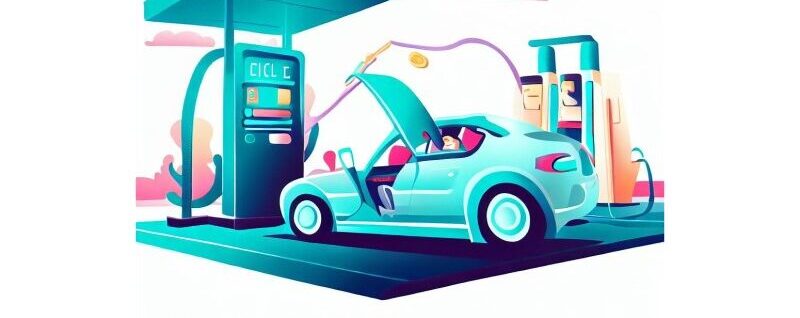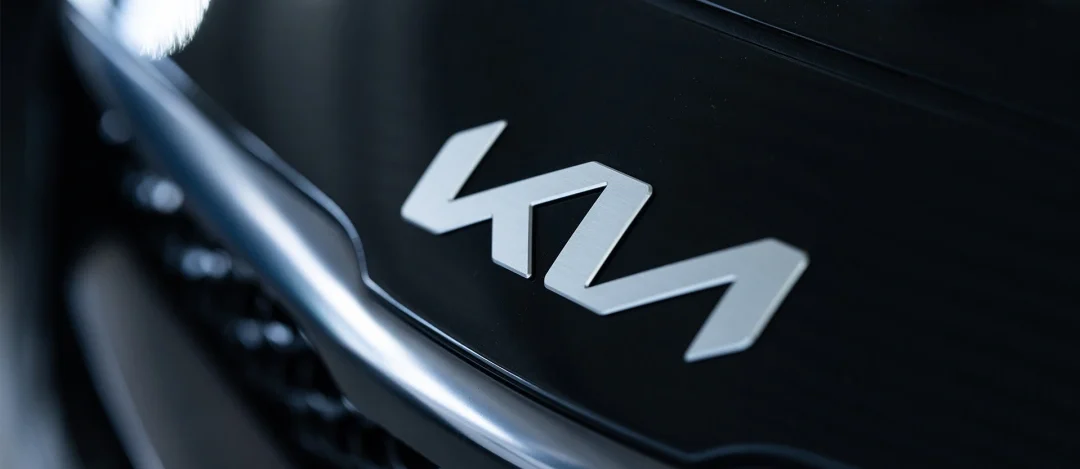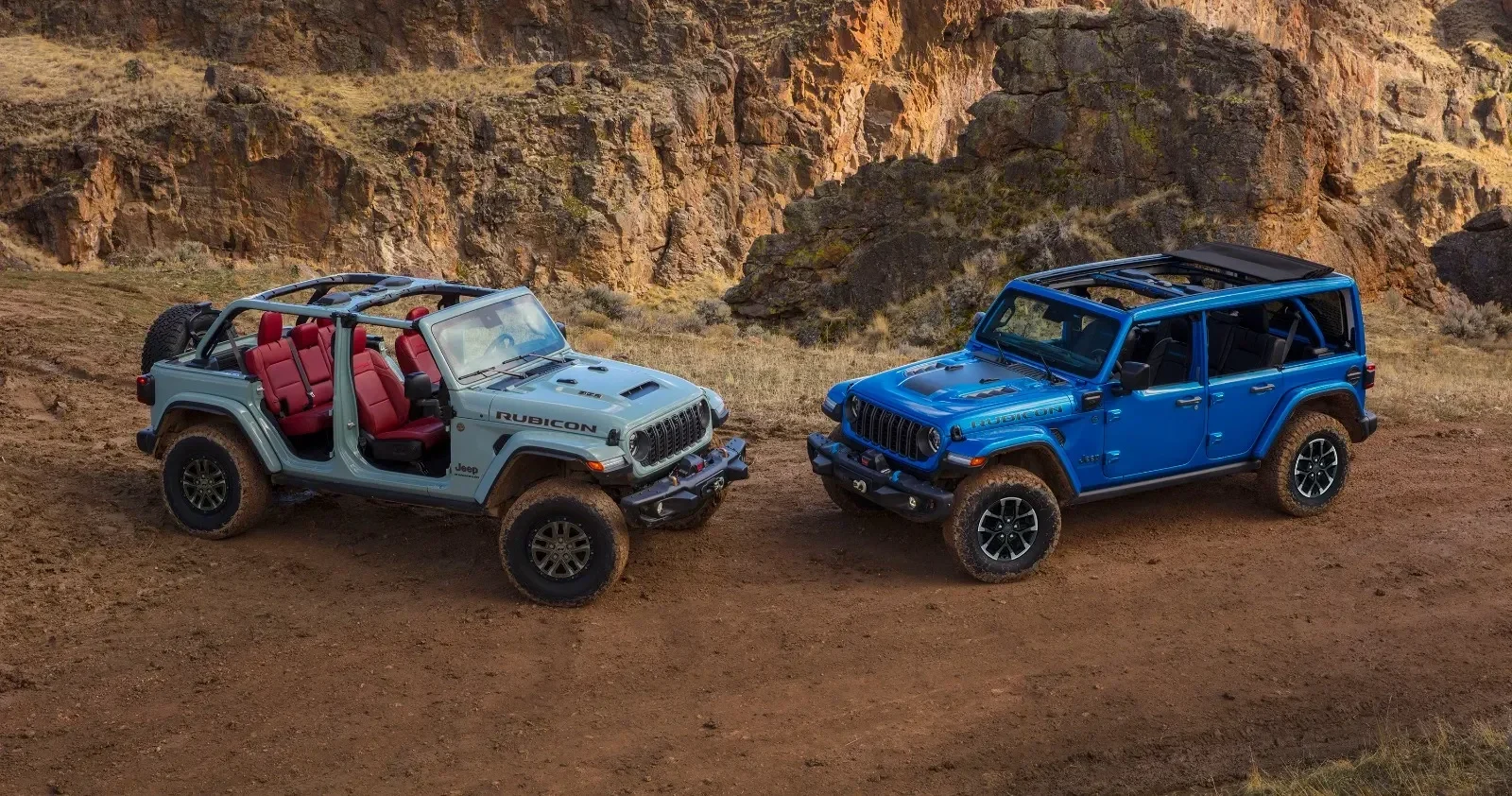ToneTag recently announced and unveiled an incredible payment system called ‘Pay-by-Car’! It was showcased on an MG Hector at the Global Fintech Fest. With its simple and safe method of conducting transactions without the use of
Continue Reading +91 9999699328 support@autofystore.com
In a strange occurrence that occurred in Goa, a Kia Seltos was discovered abandoned after being trapped in a constrained roadway. The adjoining building’s residents described the occurrence and said that the owner
Continue ReadingAccording to a report by PTI quoting a top corporate official, Jeep, the SUV manufacturer, is considering several possibilities before deciding
Continue ReadingThe Mozilla Foundation report claims that 25 major car manufacturers, including Nissan, are gathering and exchanging sensitive personal data, such as
Continue Reading

